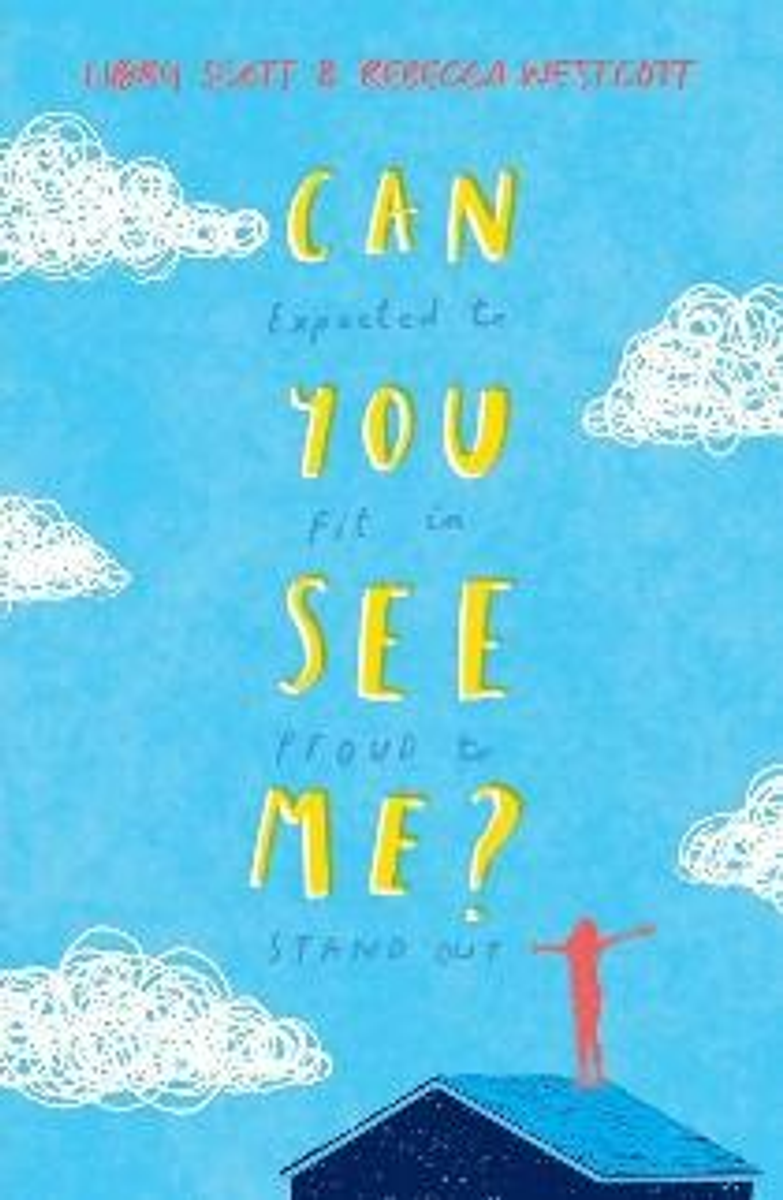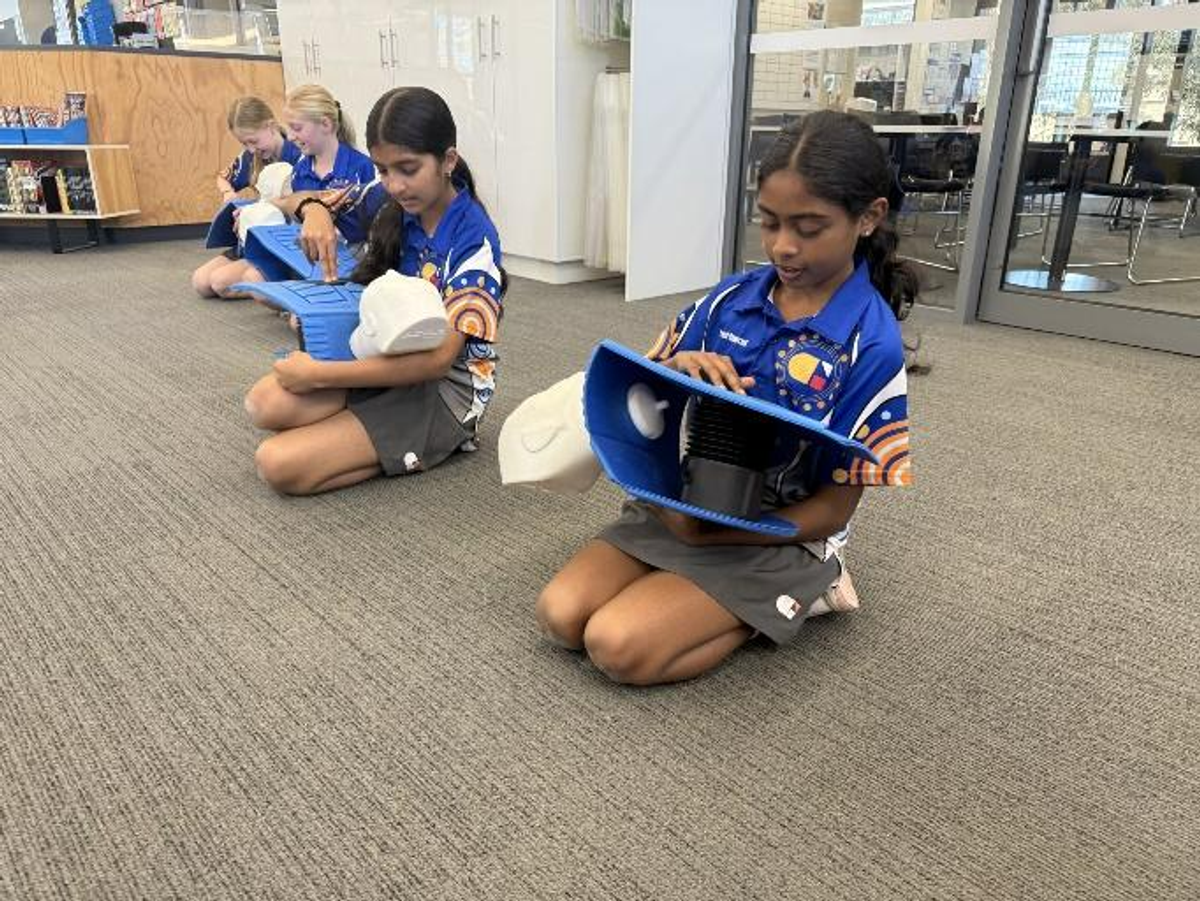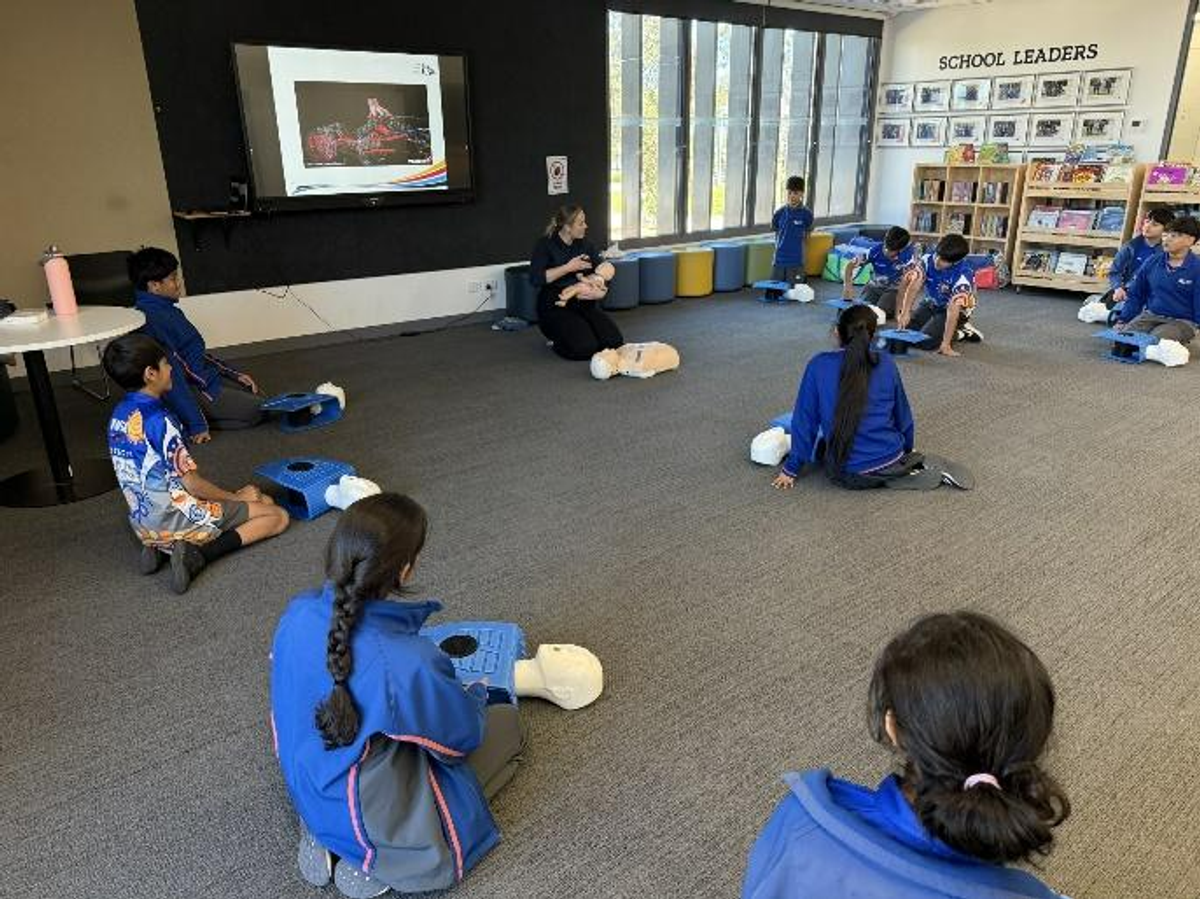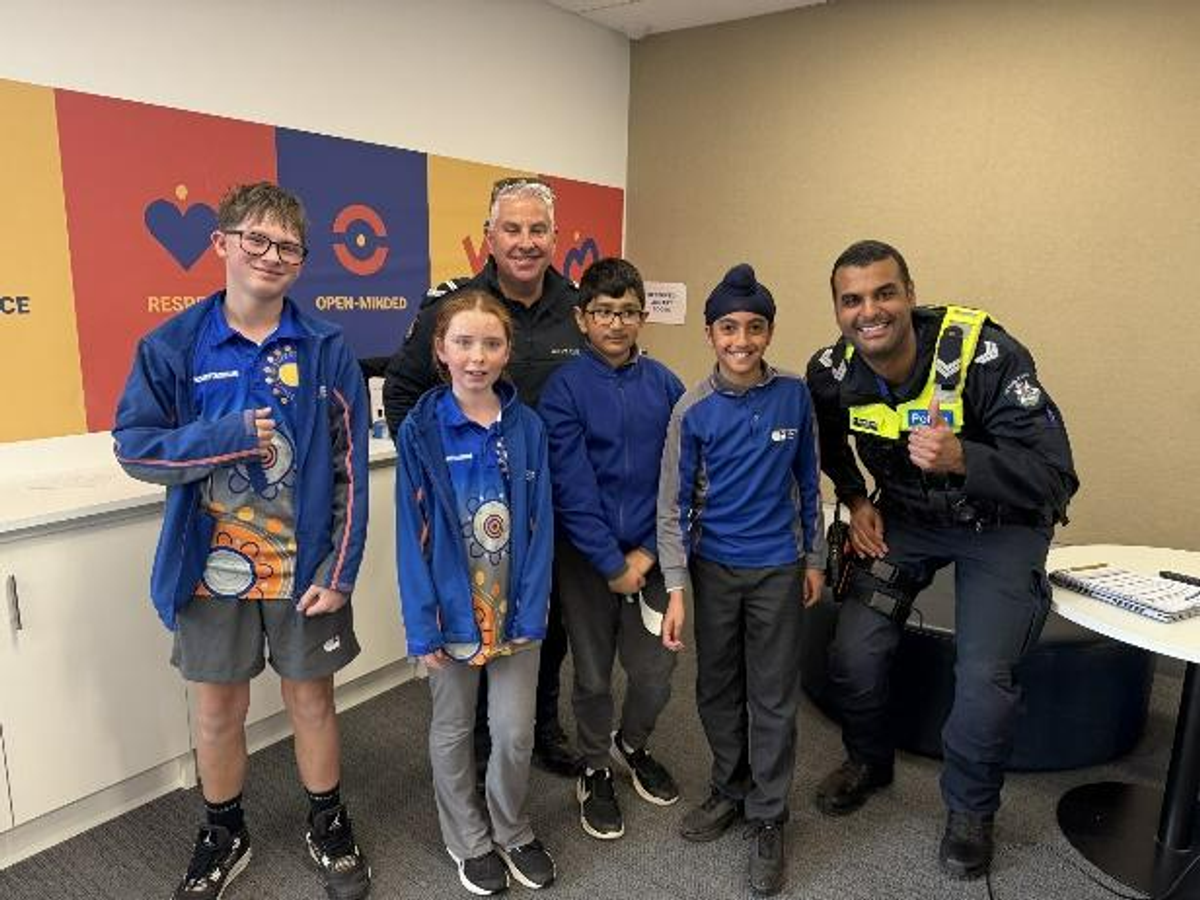Grade 6
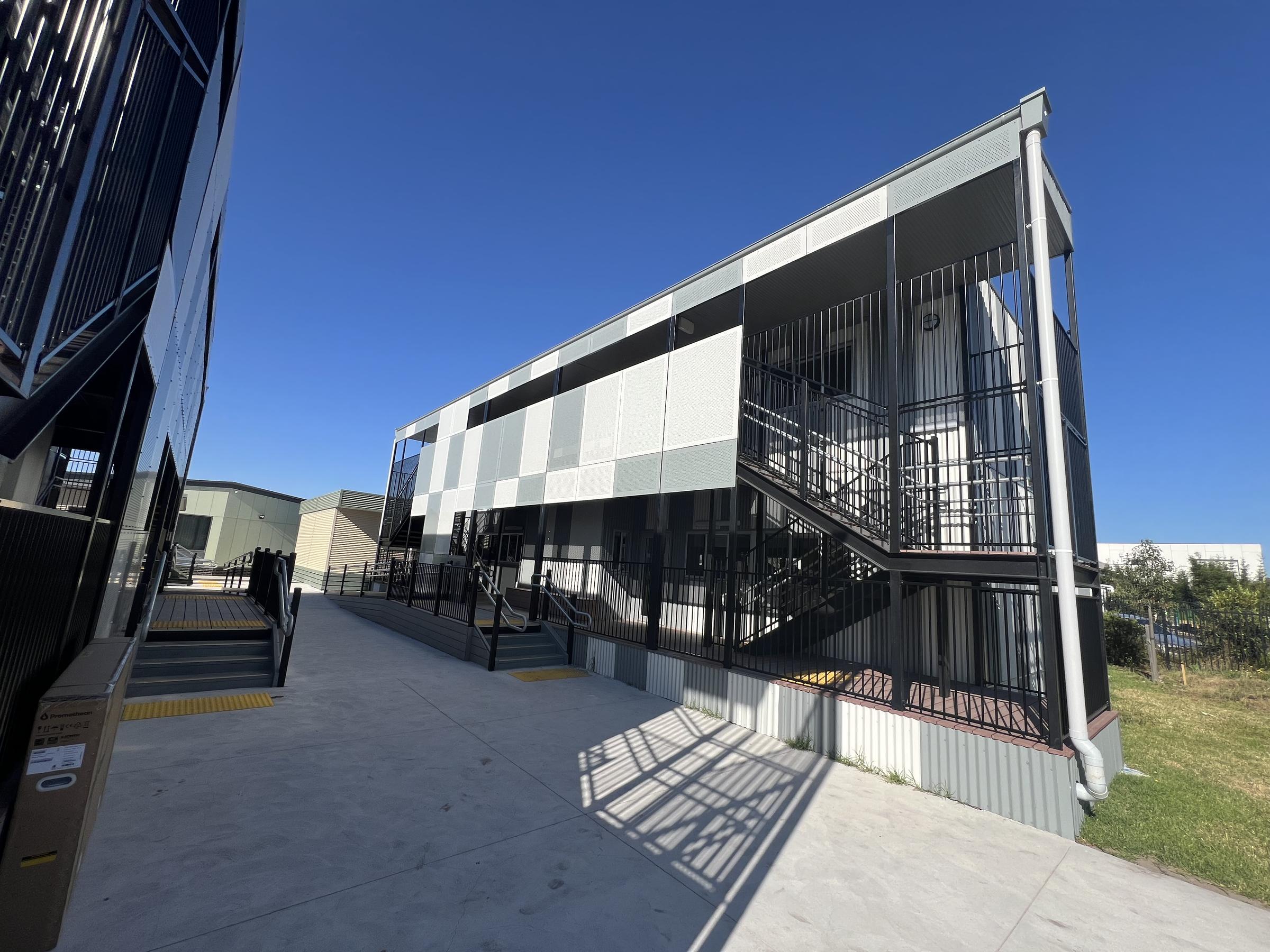
Reading
In Reading, our Grade 6 students have been continuing their novel study of Can You See Me? by Libby Scott and Rebecca Westcott. This story gives readers an insight into life through the perspective of Tally, a girl with autism. As we have read, students have been exploring “Tally’s Autism Facts,” where the character shares both challenges and strengths, such as the concept of masking.
It has been wonderful to see students engaging thoughtfully with these discussions and beginning to develop a deeper understanding of autism and the diverse experiences of people on the autism spectrum. Alongside the novel, students have also participated in daily review activities and pause-point questions to check their comprehension and reflect on the text. As we near the end of the novel, we are excited to see how Tally’s story concludes.
Writing
Over the past few weeks, students have shown great dedication as they worked to persuade Mr Abdallah on the idea of introducing a therapy dog program at Grayling Primary School. This writing theme has linked closely to our novel study Can You See Me?, where students have been encouraged to think deeply about inclusion, empathy, and support within a school community.
To build their persuasive letters, students carried out research, planned their arguments carefully, and drafted each part. They explored and used a variety of persuasive techniques such as emotive language, rhetorical questions, repetition, and evidence-based reasoning.
This week, students are taking their persuasive skills further by preparing persuasive speeches, which will also connect to their Integrated Studies task.
Mathematics
Over the past couple of weeks, students have been working with decimals. They learned how to multiply and divide decimals by multiples of powers of ten without using a calculator. This required them to apply their knowledge of place value and use their multiplication facts with confidence. Students also practised using estimation and rounding to check the reasonableness of their answers.
This week, the focus has shifted to measurement. Students began by learning how to identify equivalent measurements for length and practised converting between different units (millimetres, centimetres, metres, and kilometres). To do this, they used skills such as applying place value, multiplying and dividing by 10, 100, and 1000, and carefully checking their answers with estimation.
They then applied these same strategies to explore mass, converting between grams, kilograms, and tonnes while continuing to build confidence with real-world measurement problems.
Integrated
This term, students have been learning about the electoral process and how political parties are formed. They explored how political candidates campaign and how referendums give people the chance to vote on important issues.
To deepen their understanding, students created their own mock political parties in the classroom. Each group developed an idea they wanted to introduce, such as student wellbeing initiatives or classroom jobs. From there, they began designing campaign materials to promote their ideas.
Currently, students are working on writing and presenting persuasive speeches as part of their campaign, applying their learning about persuasive techniques, collaboration, and democratic decision-making.
Life Saving Victoria CPR Training
The Grade 6 students recently took part in the Life Saving Victoria CPR Program. Throughout the session, they learned that emergencies could happen anywhere, at any time, and to anyone — and being prepared can make a big difference. Students discovered that having the skills and techniques to act in an emergency can help reduce the chance of serious injury or even save a life.
They were taught how to stay calm, feel confident, and take control if they are ever in a situation where CPR is needed. Students practised the steps of CPR and learned that every minute is crucial, as quick action can buy precious time until professional help arrives.
In addition, students were introduced to how an automated external defibrillator (AED) works and how using one effectively can significantly improve survival rates. This important learning has equipped our students with knowledge and practical skills that may one day make a real difference.
Police in Schools
The Grade 6 students recently took part in the Police in Schools program, where they had the opportunity to speak with two local police officers. During the session, students learned about the age requirements for using social media platforms and online gaming, and the importance of being cautious when communicating with people they don’t know online.
In Australia, a new law requires "age-restricted social media platforms" to take "reasonable steps" to prevent users under 16 from having accounts, with the new rules taking effect from December 10, 2025.
The officers also spoke about cyberbullying, including the impact of unkind or threatening messages, and what students can do if they experience or witness it. Students were introduced to the concept of criminal responsibility, learning that from the age of 12, children can be held accountable for their actions under the law. In addition, the officers discussed the seriousness of physical violence and the consequences that can follow.
This session provided valuable knowledge to help students make safe and responsible choices both online and in the community.
Book Week (Day)
A parade full of colourful and creative costumes along with cheerful smiles - Our celebration of book week

